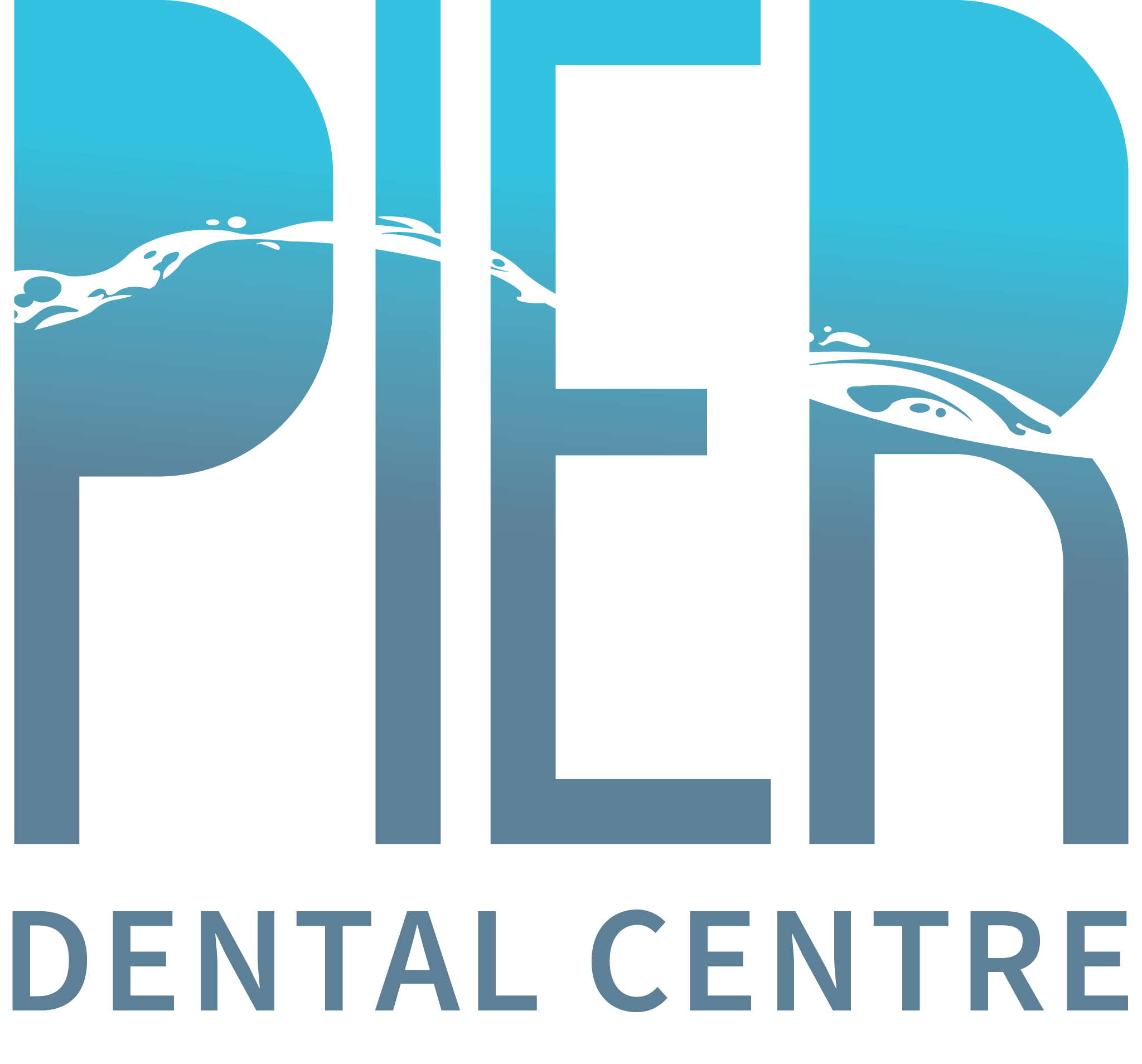It is estimated that over 4,000 Canadians will be diagnosed with oral cancer each year. The good news is that prevention and early detection are associated with high success rates for treatment and recovery. Each time you visit your family dentist for a regular check-up you will receive a visual screening to help ensure that any changes in your oral health are detected and treated early. You can help your dentist by being aware of potential warning signs, and raising any questions that you have so your dentist can investigate specific concerns.
Oral Cancer Symptoms
The following are some of the early signs of oral cancer. If you experience any of these symptoms for two weeks or longer you should make an appointment to see your dentist:
- A mouth sore that bleeds easily or does not heal
- Changes in the colour or texture of the gums, cheeks, or tongue, including lumps, sores, or patches that are red, white, or rough
- Pain, tenderness, or numbness in the mouth or lips
- Difficulty chewing, swallowing, speaking, or moving your mouth
- Changes in the way your teeth fit together when you chew
- Chronic sore through, a lump in the throat, or unusual ear pain
Prevention of Oral Cancer
Tobacco, alcohol consumption, and sun exposure to the lips are some of the most common and most preventable contributors to oral cancer. Oral cancer is also linked to human papilloma virus (HPV), which is the fastest growing sexually transmitted infection. Day to day healthy choices can reduce your risk of developing oral cancer. Suggestions for reducing your risk include:
- Eliminating tobacco products such as cigarettes
- Reducing alcohol consumption and avoiding the combination of tobacco with alcohol
- Eating a well-balanced diet
- Protecting your lips with an SPF lip balm during sun exposure
- Following safe practices and limiting your number of partners to reduce the risk of HPV
- Maintaining regularly scheduled dental exams
Treatment of Oral Cancer
The treatment of oral cancer depends on the severity, how early it has been detected, and the patient’s age and overall health. For cancer of the mouth, cheeks, or tongue that is surface level and has not grown into deeper tissues, the most common treatment is to remove the top layers of tissue along with a small margin of healthy tissue. Afterward, a follow up plan will be recommended to monitor for recurrence and to promote ongoing healthy practices and preventative care.
If oral cancer has progressed or recurred, treatment usually involves a combination of surgery and radiation therapy. The combination will customised based on the type and location of the cancer and whether a surgery could impact mouth function or the patient’s appearance.
When oral cancer is left undetected and has spread deeper into the tissues, a more invasive surgery may be required. A larger mass is also associated with greater risk that the cancer may have spread to the lymph nodes. For cancer near the back of the mouth or tonsils, radiation is often the primary treatment and is aimed at the cancer and lymph nodes in the neck. Sometimes lymph nodes are removed to test whether the cancer has spread. In some cases chemotherapy is also added to the treatment plan.
Preventative Care
The best way to monitor your oral health is to choose a local dentist who fits your lifestyle. Ensure that the office hours and location will work for you. In addition to scheduling regular cleanings and exams, make sure you feel comfortable with the dental team. When you visit the dentist, be honest about your current oral health routine and habits. Ask your dentist questions, discuss the products that you are using, and raise any concerns that you have, no matter how small.
Your dentist is uniquely trained in the health and anatomy of the mouth and has the tools and expertise to perform regular screenings to spot early warning signs of potential issues. In between visits, a good oral health routine should include regular brushing and flossing, rinsing with a non-alcohol mouthwash, and eating a balanced diet rich in whole foods and low in sugar. Tobacco products should be avoided and alcoholic beverages should be consumed in moderation.



0 comments on “Oral Cancer Prevention and Symptoms”